Carolyn Hartness:
CLASS OF 1962
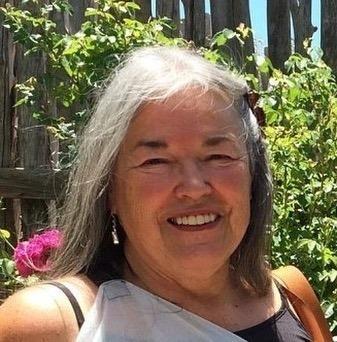
Stadium High SchoolClass of 1962
Tacoma, WA
McCarver Junior High SchoolClass of 1959
Tacoma, WA
Carolyn's Story
¿In the early 90¿s, I worked as a Drug and Alcohol Prevention Specialist at United Indians of All Tribes Foundation¿s youth program, I Wa Sil. My position was funded by Seattle-King County Health Department. I taught parenting classes; coping skills to third and fourth graders living in alcohol and drug using homes; interacted with youth at the drop in center in downtown Seattle; and facilitated a group for Native youth incarcerated at Echo Glen, Washington¿s juvenile detention center. The goal was to help Native youth and their families understand the negative impact that alcohol abuse had on their lives. Many youth were of mixed blood and had identity issues relating to themselves as Natives. A major component of the therapy and education sessions was to introduce them to positive Indian role models, the truth about Indian¿s contributions to the advancement of our country and development of a positive sense of themselves as Indian people. The curricula helped them establish pride in their heritage through cultural activities such as the talking circle, powwow and sweat lodge.
At Echo Glen, we sponsored powwows bringing families, friends and people from the community to drum, sing and dance. We built a sweat lodge with the youth and held regular talking circles. We knew there was healing when the group informed us that we, the adults, were no longer in charge. They created a Wisdom Council of the older youth, made us advisors, and decided that group membership was no longer voluntary. Youth interested in the group now had to be voted into the circle. This was the result of a powerful and healing talking circle the week before that allowed for deep disclosure and bonding between the youth. In the school district, we had been using a curriculum for working with the third and fourth graders called Kids Like Us Are Everywhere to help build coping skills. The curriculum was not culturally appropriate, so we introduced the talking circle and other activities to emphasize Native values and pride. The parenting classes were part of the Huchoosedah Indian Education Program, a Native American cultural program in the Seattle School District. In the context of beading and talking circles, we were able to break through the silence of mistrust, denial and shame and talk openly about the reality of the families represented in our circle. Most of the people in attendance were grandparents raising grandchildren because parents were unable to provide safe, nurturing homes for their children due to alcohol and drug issues.
Indian people were severely traumatized when the United States Government implemented a misguided integration policy for Indian people by removing a generation of children from their families and reservations, sending them away to ¿Indian¿ boarding schools where they were taught to live, talk and think like the white man. The policy was very harmful to our people individually and to our cultural roots because children were not allowed to speak their native tongue or be reared with their birth parents, grandp...Expand for more
arents and of course, their culture. An entire generation grew up to become parents without role models to imitate because they, in essence, grew up in orphanages. Alcohol and drug abuse are a natural result of historical trauma. There are many outcomes; denial, shame, blame, grief and hopelessness. Also, the stigma against mothers who drink during pregnancy is especially difficult for Indian people.
Culturally appropriate educational curricula gives Indian people an intellectual and historical context to understand the origins and reasons behind the problems we face today relating to alcohol in Indian Country.
After several months in this position, I was asked to add FAS education to my curricula. In my ignorance, I asked, ¿What is FAS anyway?¿ I had never heard of it. When I learned what is was, I realized that I had been looking into the face of FAS every time I went to Echo Glen, entered those elementary school classrooms, talked with kids at the center and even in the parenting circles. My heart and spirit felt broken. What did this mean to the past and future generations? I began to see and learn about the patterns of behavior that were unique to FAS and how many youth and their families were being impacted.
This began my journey through what we are today calling fetal alcohol spectrum disorders. When we began developing culturally appropriate programs which included the dangers of exposing unborn children to alcohol specifically and other drugs in general, everything changed. Consequently, I went back to school to increase my knowledge of chemical dependency because I was beginning to see how all of these things influenced the physical and mental health of Native American people.¿
In 1993, I began working on a grant from the Centers for Disease Control on FAS. I became part of the Fetal Alcohol Syndrome Diagnostic and Prevention Clinic team through the University of Washington, where they offered a diagnostic clinic once a month. I was part of that team for 12 years and learned a great deal from Dr. Sterling Clarren and the other team members as well as from the clients and their families. During this time I wrote a train the trainer¿s manual, "Alcohol and The Fetus" and offered education and consultation through the county health department until 2002 when I left and became a private FASD consultant and educator. I co-authored an Emmy nominated series of books and videos called "Journey Through the Healing Circle" in the 90's.
I have been working on a grant through the Northwest Portland Area Indian Health Board since 2000, working with tribes in Washington, Oregon and Idaho.
I have traveled much of the world lecturing on FASD. Recently, I was in Australia working with Aboriginal agencies and tribes and wrote a manual for Western Australia called "Through the Eyes of the Innocent".
I have a beautiful home on the Kitsap Peninsula and when I am home, love to spend time in the garden or on the beach.
I have an adopted daughter and twin 6 year old grandsons who keep life interesting and relevant.
Register for Free to view all details!
Yearbooks
Register for Free to view all yearbooks!
Reunions
Photos

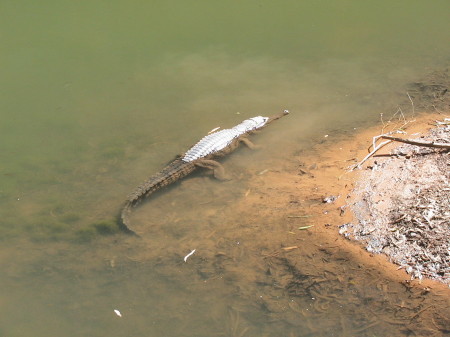
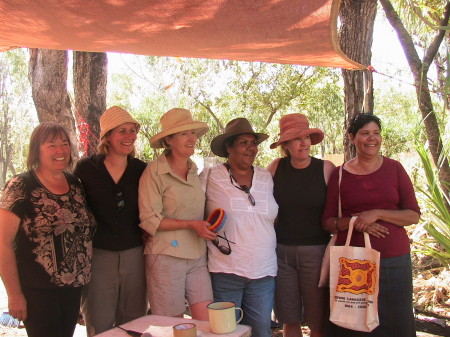
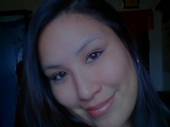
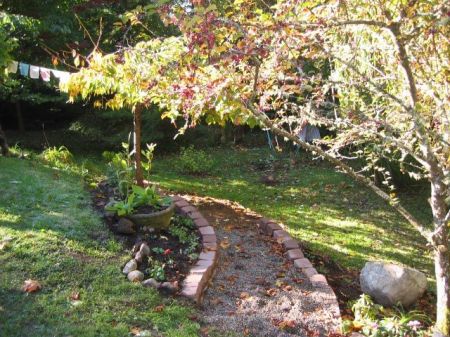
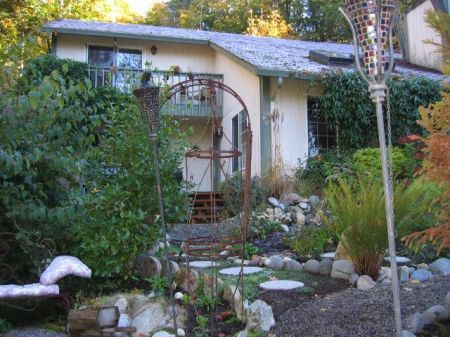
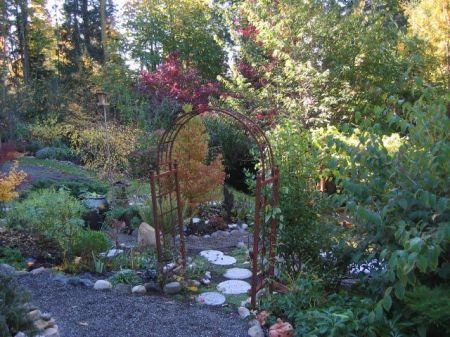
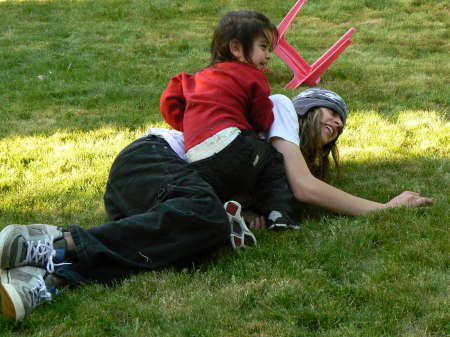
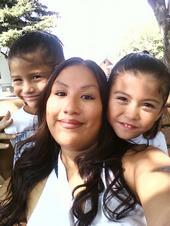
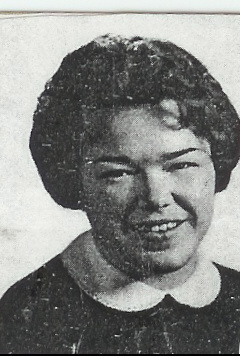


















Register for Free to view all photos!




